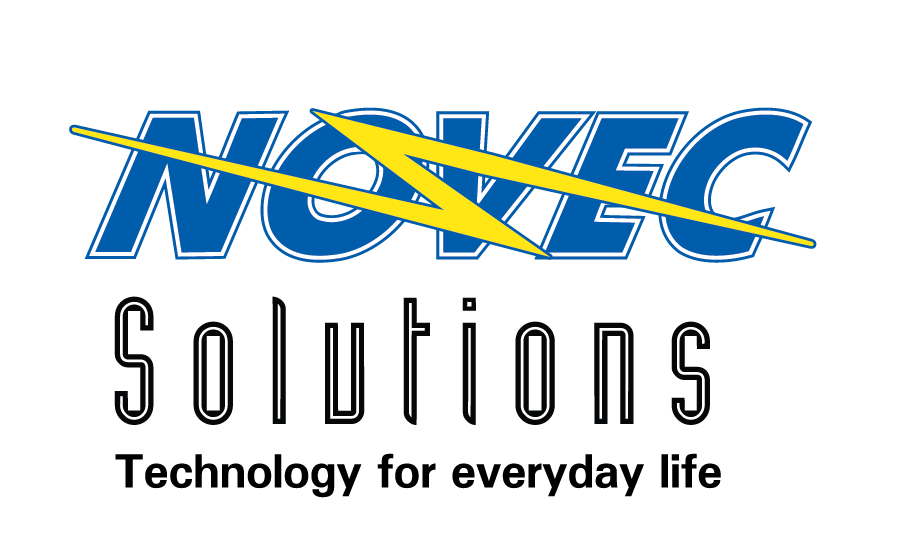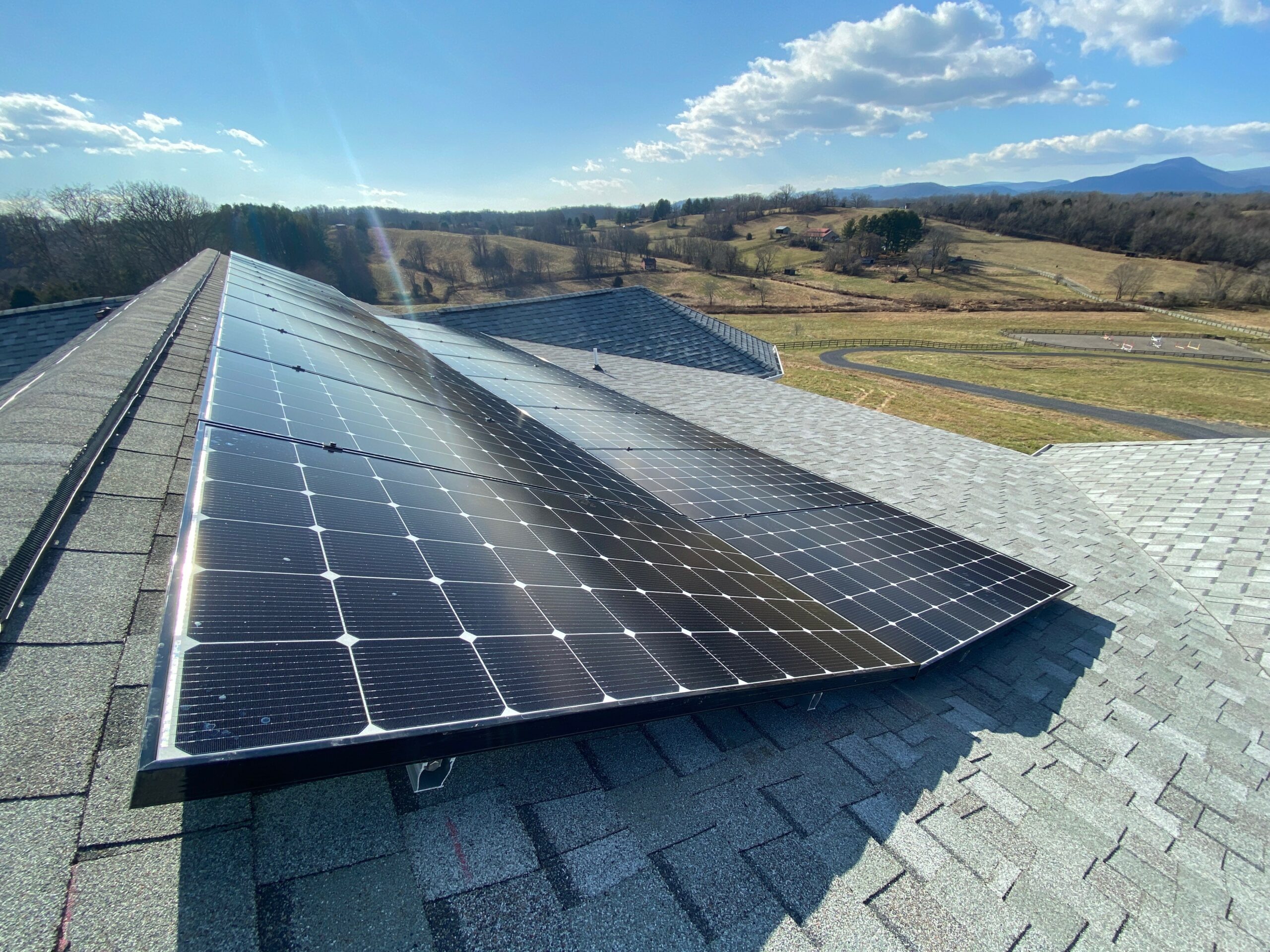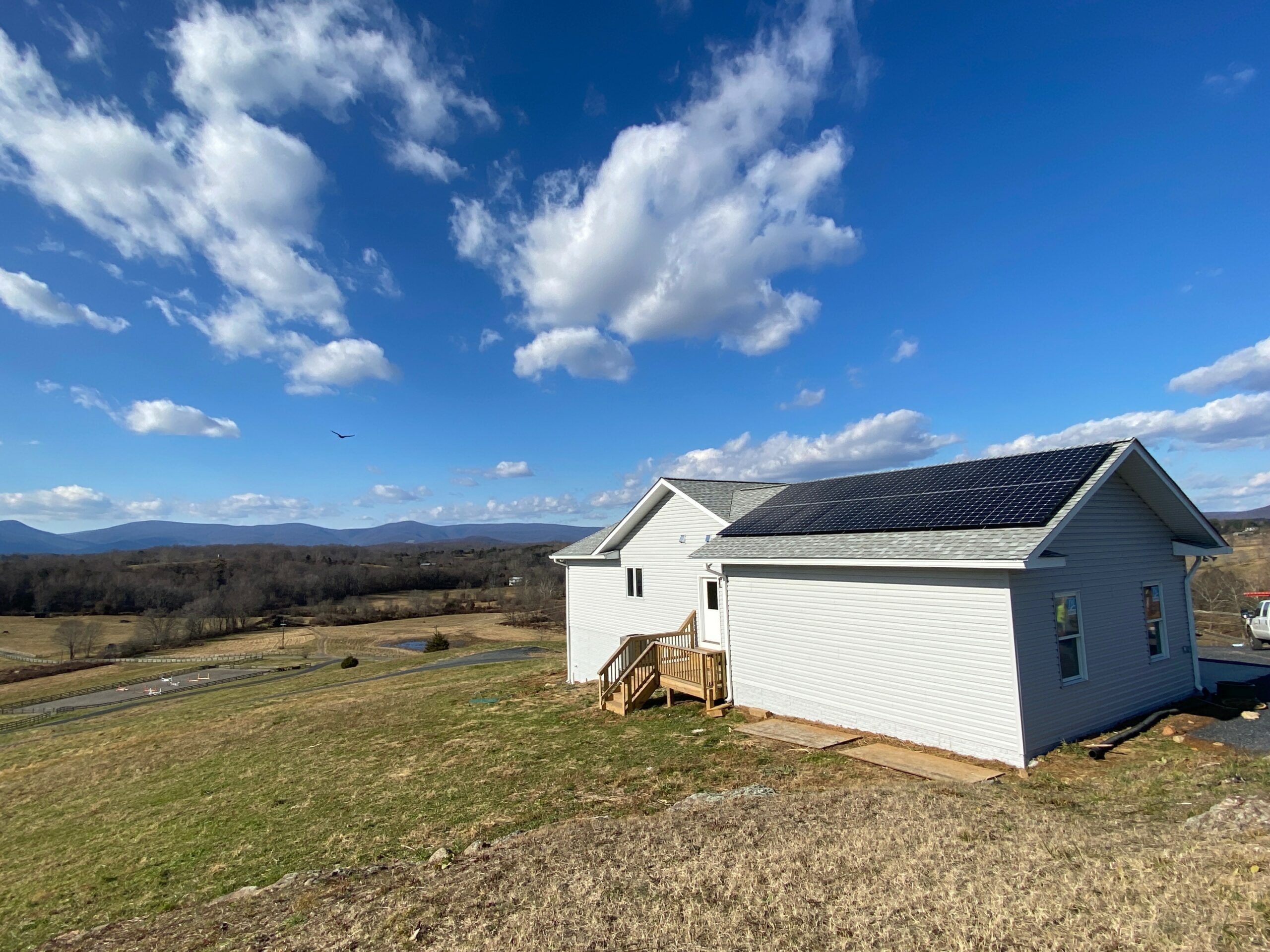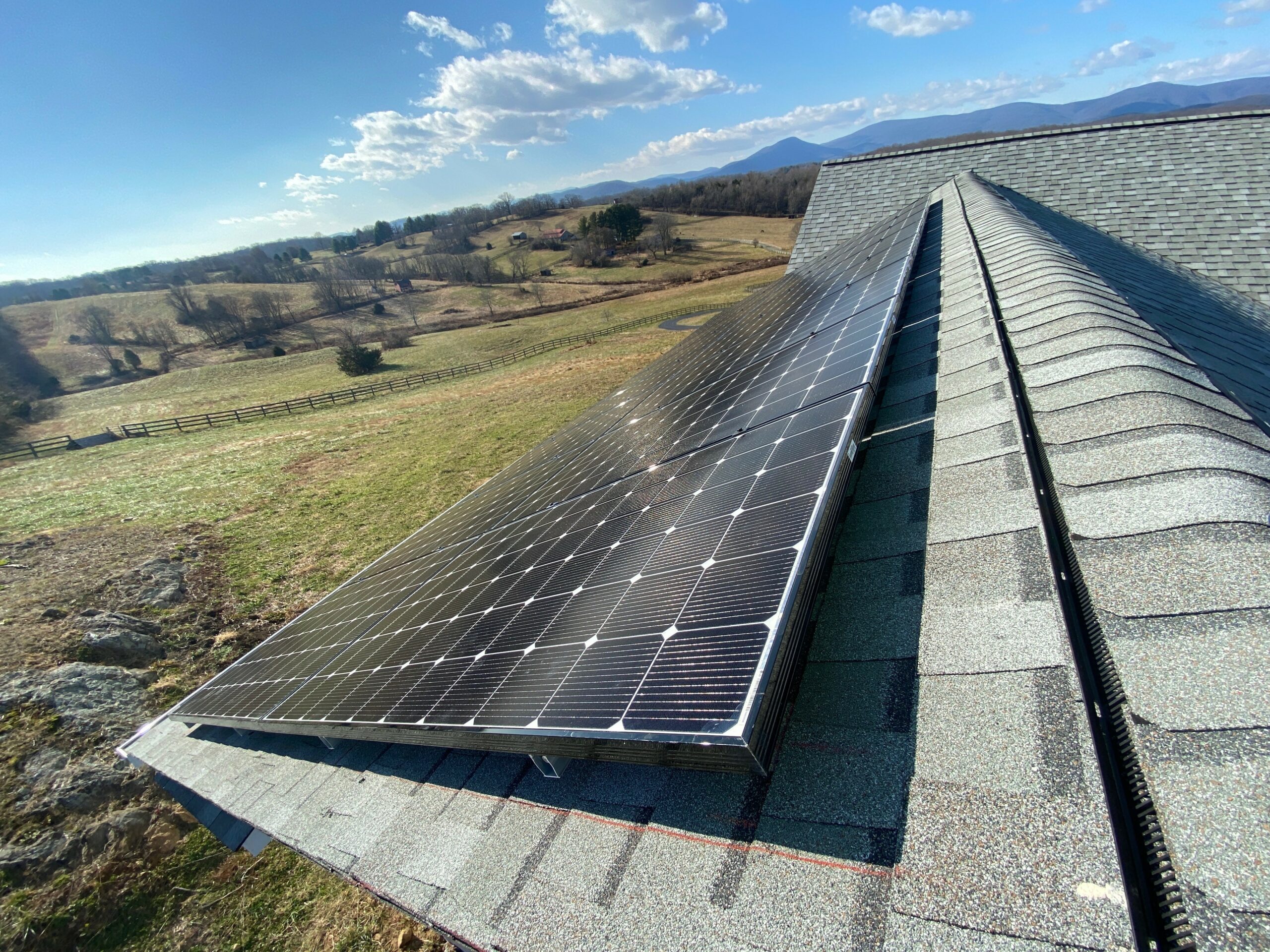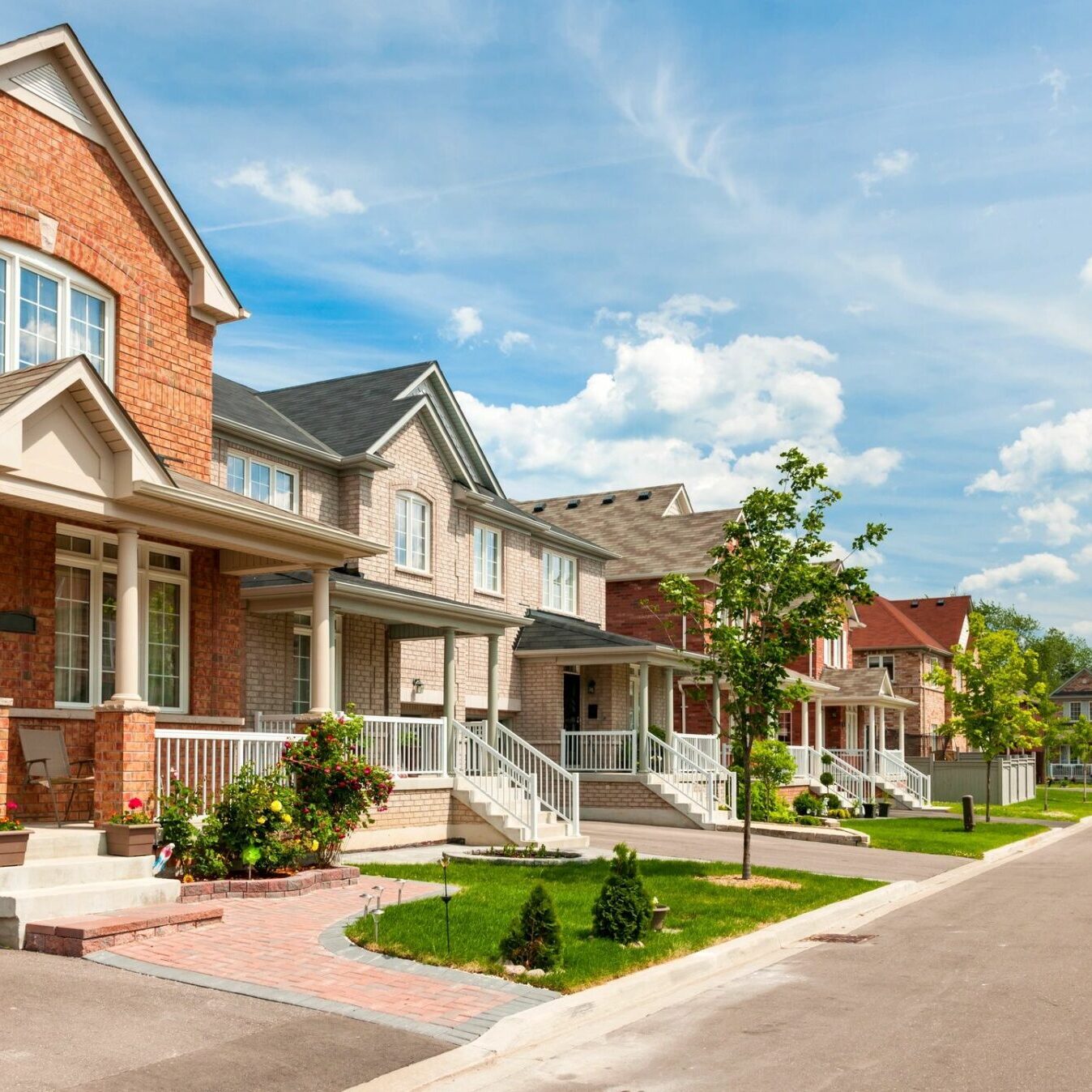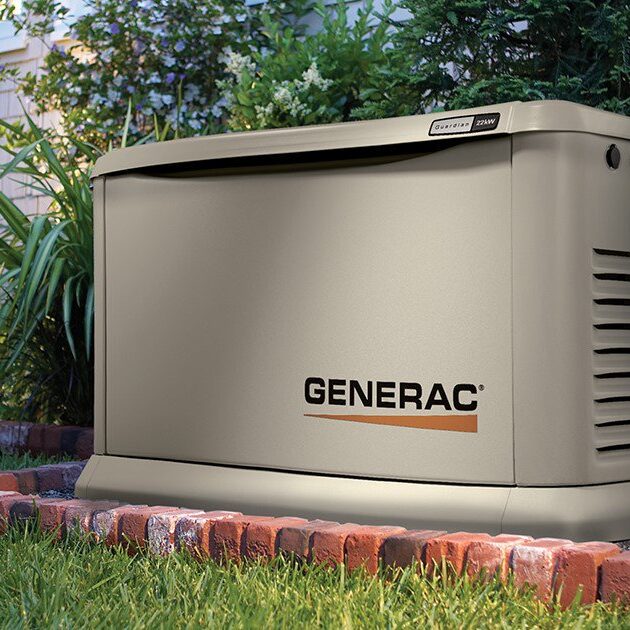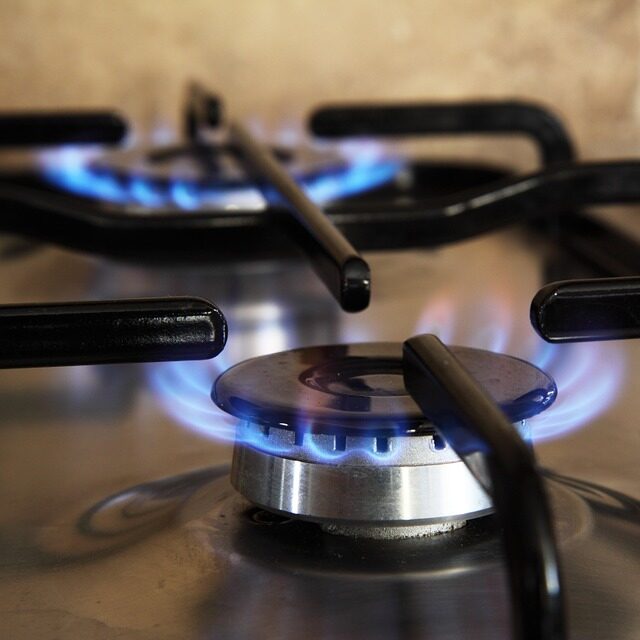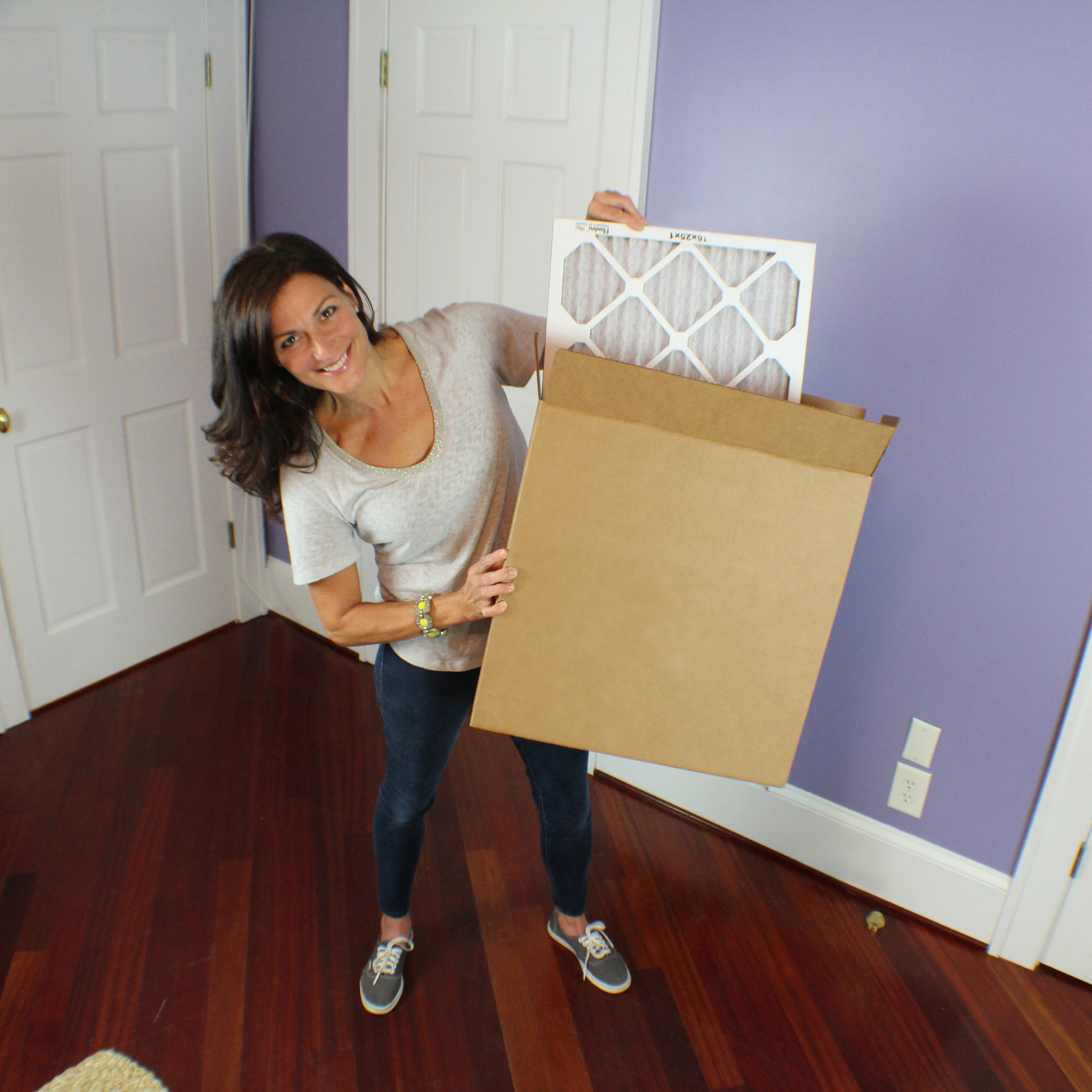NOVEC Solutions has partnered with Prospect Solar and ElecTel Federal Credit Union to offer NOVEC's residential customers an easy and affordable way to install solar on their homes. Prospect Solar's turnkey service makes it easy to add solar panels to a home and ElecTel offers low interest, energy efficient loans for NOVEC customers who qualify.
Why Prospect Solar?
Get In Touch
*Restrictions May Apply
FAQS
Solar panels absorb the sun’s rays and turn them into an electrical current to power your home. Solar panels produce a D/C current while your home uses A/C, so the solar electricity is passed through an inverter to become a usable current before entering your home through your circuit panel where it will be distributed throughout your house. Anything in your home that is powered by electricity can be powered directly by the Sun!
As long as your roof isn’t shaded by nearby trees or other obstructions, most roofs are great candidates for solar. Typing your address into GoogleMaps’ satellite view will give you a great idea of whether or not your roof is suitable for a solar installation. One other factor to take into consideration is the age of your roof. Installed systems are warrantied to put out power for the next 25 years. If your roof is reaching the point where it should be replaced in the next 5 years or so, it’s best to wait until after the roof is replaced to install solar in order to avoid any future costs.
Yes. This cost is relative to the size of the system installed.
The number of panels installed is dependent upon two factors; (1) the annual amount of energy your home consumes and (2) the amount of space available on your roof. The goal is always to produce as much energy as possible to offset up to 100% of your utility demand. Once we have an idea of how much electricity your home requires and how large of a system can be installed, we collaborate with our customers in order to build a system that would produce as much energy as possible at our customers preferred price point.
Although pricing has come down in recent years, going solar is still a significant investment. While it’s necessary to first understand how much electricity one’s home requires before being able to provide a quote, on average solar customers are spending between $20,000 - $30,000 prior to any Federal tax credits, incentives, or financing charges.
It is not possible to sell power back to utility company; however, you are able to benefit from the excess energy your system produces. When a solar array is generating more electricity than a home requires during that point in time, the excess energy will flow through the home and onto the utility grid to help power other homes in your neighborhood. The power produced will be counted by the solar meter on the side of your home.You will receive a credit from your utility company for every kilowatt hour (kWh) of electricity that you provide to the grid. This system is referred to as netmetering.
Your utility credits will rollover from month to month until they are used*. Most solar customers over produce electricity in the spring and fall months when temperatures are fairly mild and customers do not require much power to heat and cool their home. The credits are typically consumed during the summer months when air conditioning use increases a home’s power demand or during the winter months when there are fewer hours of daylight.
YES! A common myth is that solar is really only beneficial for residents in states like California, Arizona, and Florida, but the mid-Atlantic area has an abundance of sunlight waiting to be taken advantage of. To put it in perspective, Northern Virginia and Germany sit at about the same latitude. Nationwide, Germany produces about 6% of it’s electricity from solar sources whereas Virginia produces less than 0.5% of its energy demand from solar.
Unless your system includes battery storage, it will automatically shut off during periods of power outages. This is a safety precaution to protect the lives of the utility’s line workers performing service on the grid. Any instance of back-fed electricity during a power outage could pose a potentially life-threatening situation.
Although the industry has made great strides in increasing storage capacity and driving down costs, on average battery storage capability will increase a system’s cost between 30 - 50%. For customers who do not deal with power outages on a frequent basis, it’s very difficult to see a return on the additional investment of adding battery storage to a solar array.
Unfortunately, no. The current laws will only allow you to offset up to 100% of your home’s total consumption over the previous 12 months.
Several studies have looked into this question, in fact the Lawrence Berkeley Laboratory Institute did a multi-state study back in 2005. The findings showed that across the 39 states studied, solar homes were not only selling faster, but also for a premium over comparable homes that did not have solar panels. These results can be found in the report “Selling into the Sun: Price Premium Analysis of a Multistate Data-set of Solar Homes. Since then, The National Association of Realtors, The Appraisal Institute, and the Department of Energy have all corroborated their findings. Additionally, several local jurisdictions such as Loudoun and Fairfax Counties offer property tax exemptions for homes that have added solar!
No. There aren’t many moving parts within these systems, so there are very few points of failure. Each system installed will include an online-based monitoring system that updates in real time. You and your system’s installer will have access to the monitoring platforms to be able to check in on the system’s production.
Most homeowners going solar who are not paying for their systems outright are working with either their own personal financing institution or using a home equity loan/line of credit to finance the array.
However, NOVEC customers are able to take advantage of the relationship NOVEC has with Electel Credit Union. Electel offers rates as low as 4.90% to finance a solar array for customers in NOVEC territory. These loans typically result in the solar + financing cost to remain at the same rate or lower than your average monthly utility payment.
There is a Federal tax credit available to home and businesses owners who have installed a solar system. Unfortunately, there are no Virginia State incentives at this time. The Federal tax credit will continue to reduce until it eventually expires at the end of 2021 so if you’re thinking of going solar there is no better time than now!
Most utilities do not add additional charges for installing solar arrays. However, State Law does allow utilities the ability to include standby charges for customers with larger installations. We always recommend consulting with your installer.
All solar arrays include (2) warranties; one for the physical product and another for the power production. The product warranty will vary from manufacturer to manufacturer, while they all will be warrantied to produce power at a certain efficiency for the next 25 years. Additionally, a trusted installer will include a workmanship warranty period for your installation as well.
There are two ways to judge ROI of a solar array. One method is to determine how long the system will have to produce power to pay for itself. In Virginia, the best payback periods we are seeing for residential systems is about 10 years. The other method takes into account the resale value solar panels add to homes. Although this can be subjective depending upon the resale market, homes should see an immediate return on their investment if they were to sell anytime after installing a solar array.
If you sell your home the system and its warranties will all transfer to the new owner.
The overwhelming majority of all HOAs have become extremely receptive to solar now that they have seen firsthand the value that it brings to communities. With that being said, in order to install solar, you do have to go through the typical architectural review process and comply with all community guidelines. Additionally, in 2015 Virginia passed State Law 67-701 that protects your right as a homeowner to go solar. As long as the founding articles of the community association do not strictly prohibit solar, they cannot prevent you from installing or impose any unreasonable restrictions on a solar installation.
